Disclaimer: This post is a personal musing about the last decade that I have spent being a biological technician and why I haven’t yet wanted a PhD. For now, I hope you enjoy the read and take comfort in knowing you don’t HAVE to get a higher degree until you want to.
Over the past ten years I have managed to fulfill my passions for experiencing many diverse biological projects without having a PhD. I know a lot of other people who have as well. If you’re just out of undergrad and wondering what to do in life, I’m here to tell you that you CAN take time “off” and explore the science world without going directly into a doctoral position. In my 10 years of experience I would say, if you are waffling over whether or not you should get a higher degree, just go explore in the work force. You won’t regret it and graduate school will always be there for you.
Since 2006, I have been a busy worker bee buzzing around the world. I love doing research related to animals, nature, and the environment. I especially love being a field-biologist when I get the opportunities. I love terrestrial ecology and I’ve discovered I really love oceanography and marine biology. I’m fascinated by the rain-forests as well as the polar regions. I want to understand all the biospheres! How am I suppose to blend these all into one career?
I knew I didn’t want to go to graduate school right after college. I knew that maybe some day I might go, but that time wasn’t then or any time in the near future. What would I go for? There are so many things I’m interested in. Seemed like a waste of time and resources if I didn’t have a clear reason. So, I chose to be a technician, year after year, after year. It has now been 10 years since I graduated with a Bachelor’s. I value the experiences I’ve gained along the way and I am now also starting to see the ceiling in my current position. Looking forward, going back to school may be the next beneficial career move.
Even though most of my positions have been as a technician, I don’t think of myself as “just” a tech. I think technicians, or “associates” as we are sometimes respectfully referred to, are pivotal to the progress of research. We cost less (I wish I could make more than $43,000 a year in the not-for-profit world), and we’ll do anything you tell us to–or at least, we’ll try! As an example, the institute I have worked at for the past 5 years showed us their statistics on the majority of positions that made up the institute. I’m working off memory, but I noticed there were 48 research associates, 5 graduate students, 46 postdocs, 20 senior scientists, 12 faculty, and probably 100 or so administrators. Clearly, post-docs and research technicians made up a bulk of the research work-force. The point is, technicians are just as important as any other position needed to get the science job done!
Luckily I’ve never married my worth and competence in science to the type of degree I hold. We all have to decide for ourselves what success looks like and what truly matters to us. I know I can do cool science and go all over the world without having a PhD. I’ve been happy with that decision so far.
It is true that if you want to be in certain fields, or at certain levels within a field, you do have to play by certain rules …. But, I also believe you can create something unique for yourself and have some awesome experiences along the way.
Why being a tech has outweighed going to graduate school so far:
A mix of conscious decision and subconscious psychological excuses:
1) I don’t want to commit 5+ years to something if I just sorta like it. That seems like a waste of time. If I’m going to go to graduate school to become an expert at something I want to have a damn clear vision on what I intend to do with that degree. In the meantime, I’ve been interested in so many things I felt being a technician was the most responsible choice. Plus, I’m holding out for the Right project and the Right mentor at the Right time. If they don’t exist, then I don’t want to do it just to say I have a PhD.
2) This might be a myth, but it feels like there are far more employment opportunities as a biology technician than there are for those with higher degrees who might be seen as being “over qualified” for a lot of the position that I have been attracted to. The only downside to this is you get stuck in a certain pay bracket only having a Bachelor’s even as the years pass and you gain more experiences.
3) I want the flexibility to jump ship if a position or project is no longer working for me. As a technician, I can put in the hard work, stay the long hours, and commit as much of my energy to project as I see fit. If one day comes, and life sends me on another course, I can say its time to move on and leave. Obviously there are proper etiquettes on how to go about doing this, which I always adhere to (no use in burning bridges), but I like knowing I have outs and an infrastructure won’t collapse because I’ve left. That sounds like I don’t want to be relied on. Thats not what I’m saying. Rely on me all you want while I’m your tech, but if I need to get out or mix it up, I have allowed myself that freedom.
3) I don’t think I’m a good enough writer. Most higher academic degree holders spend 90% of their time writing grants to get research and salary money. I don’t want to be writer, I want to do the actual grunt work. I like the execution process involved in progress. Plus, my thoughts are always jumbled and I am no good at professional talk. Why can’t we just talk to each other like normal people? Why do we have to be so stuffy when it comes to the scientific professional world? I’ve never worn that well. Not that I’m NOT professional. I am, completely, I just don’t like to be forced to sound that way and put a barrier between my real self and the work I want to do in the world. Can’t I just be me?!
4) I don’t want the responsibility of finding funding. What I mean by that is I don’t want to have to take my work problems home with me unless I truly love thinking about them. I like being the one who executes the plans, not the one who has to come up with all the plans in the first place to be funded. Why don’t I want to be the one who comes up with the plans? Its intimidating! Sometimes you may just not feel creative. Or maybe I’m still struggling as a human being to find my voice and that’s how it manifests itself in my professional life. I haven’t delved too deep into that psychological nuance of mine. As I mature and grow in my science career I think these skills come over time and truthfully I do ultimately think the ability to write your own grants and come up with your own ideas is a sign of independence as a scientist. Someday I do hope to get there.
There are cons to being “just a tech”
1) What if you have a crappy boss. (A: Suffer or find a new one.)
2) What if you hate the project? (A: Watch your soul slowly dissolve or find a new one.)
3) What if you want more money? (A: Go into biotech, NOT into environmental projects, non-profit or academia.)
4) What if you’re seen as disposable and get laid off? (A: Keep your skill set diverse.)
5) What if no one treats you with respect? (A: Don’t work for people who act like that.)
As I get older I find myself wondering if I am “growing out of” the tech position. With ten years experience behind me, I am now 32. I feel I’m getting close to the line of intentionally sandbagging. I will admit the last two years I have even been toying with the idea of heading off to graduate school.
GASP! I know.
I still have no clue what exactly I’d go for. This paralysis comes from the collision between big vision, desire for interdisciplinary work and a lack of clarity on who or where to get that mentoring from.
Currently, I am finding three things frustrating about where I am at in my scientific career: 1) My last exposure to formal education was 10 years ago. There are areas of science I am craving exposure to and going back into formal education would provide the deeper understanding and new connections that I’m looking for. 2) The lack of being able to make justifiably more money than I made ten years ago just out of college (this could simply be due to the fact I work in the non-profit/academic world), at some point it would be nice to get paid more for the experiences I have gained, 3) I’m starting to have ideas of my own and develop my own style of progress which can sometimes be de-railed when you ultimately have to answer to “The Boss” in charge of you, and 4) The fear I may not be able to make as big of an impact in the world as I’d like to if I remain a technician for another decade. Live big.
Either way, my aspirations are no longer matching the reality of my current employment opportunities.
What do I want to do next ? Find a higher position at a new job with more opportunities to grow, go to graduate school or start my own business. Or a blend of all three!
Why limit myself?
I honestly don’t have a good answer but I take comfort in knowing it’s worth thinking creatively about.
At this point, I feel like I’m part of a freelance industry.
Share this:“Can the very paradigm of how we do science research be changed to […] a new paradigm that reflects the diversity of individual capacity and offers the opportunity for genuine life choices.” – Sharon Bell


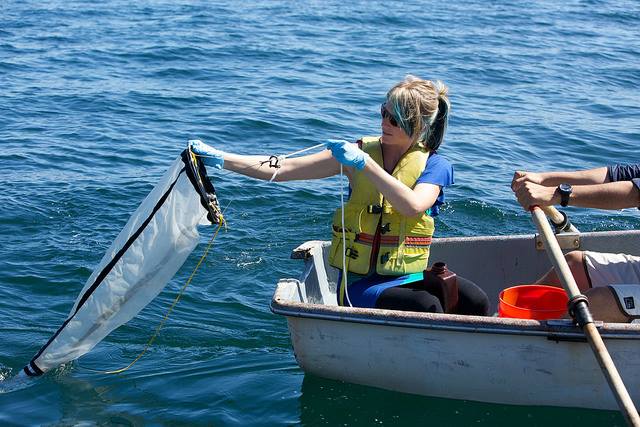
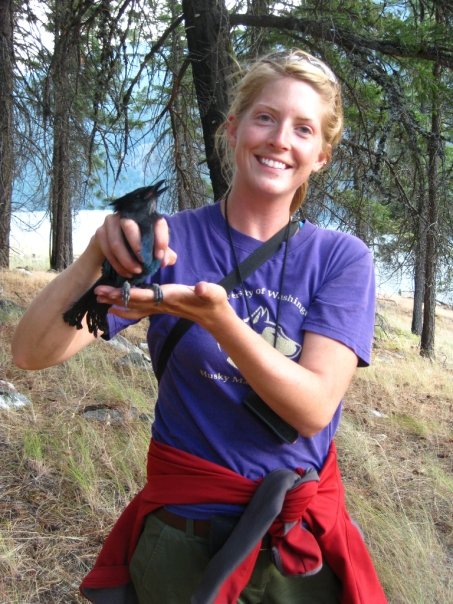
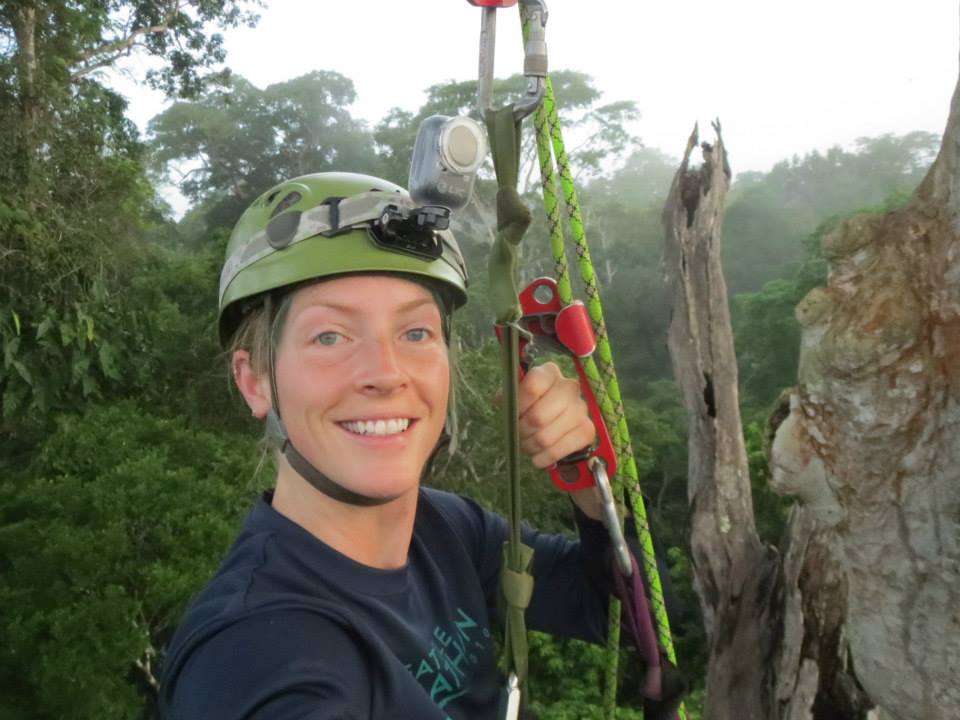
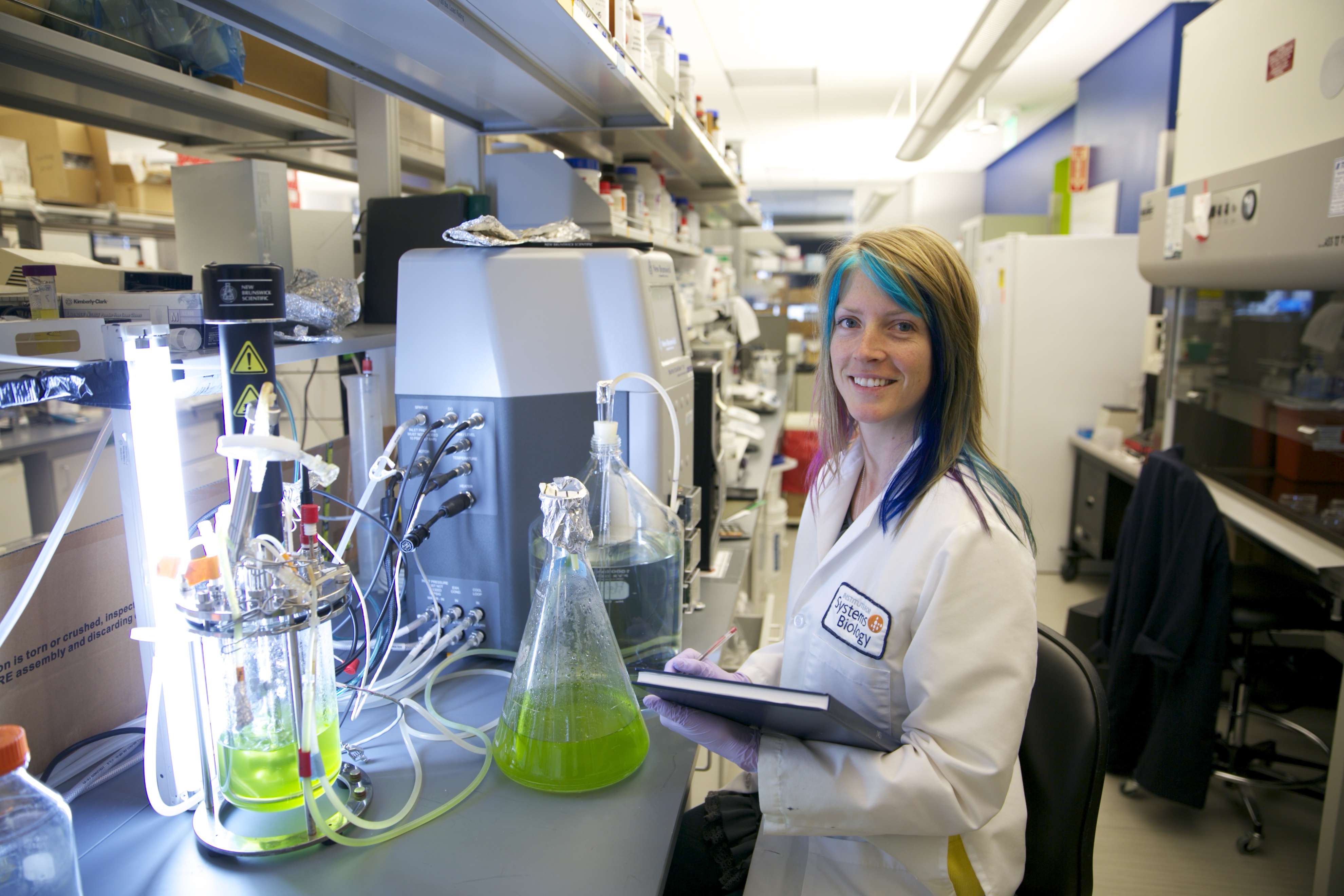
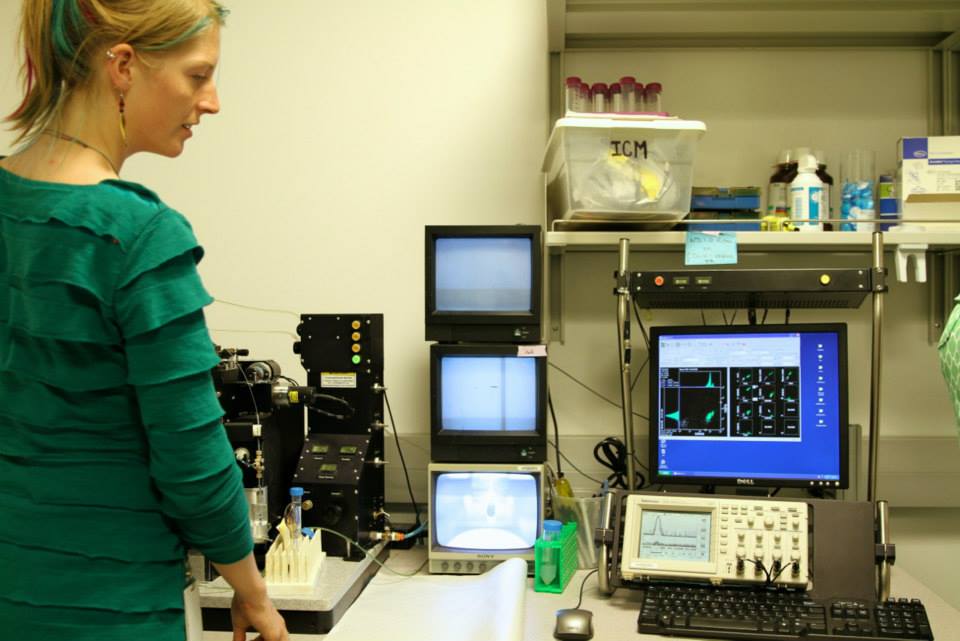

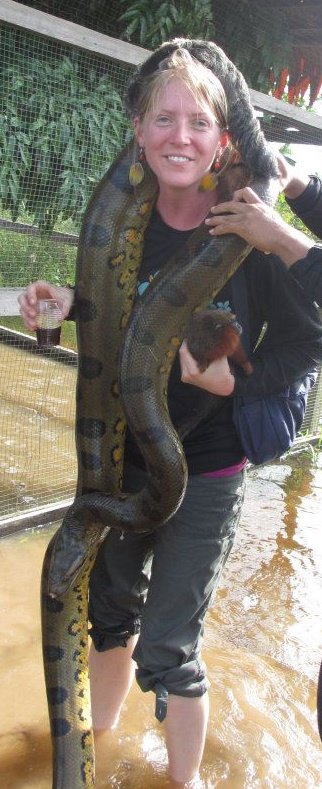
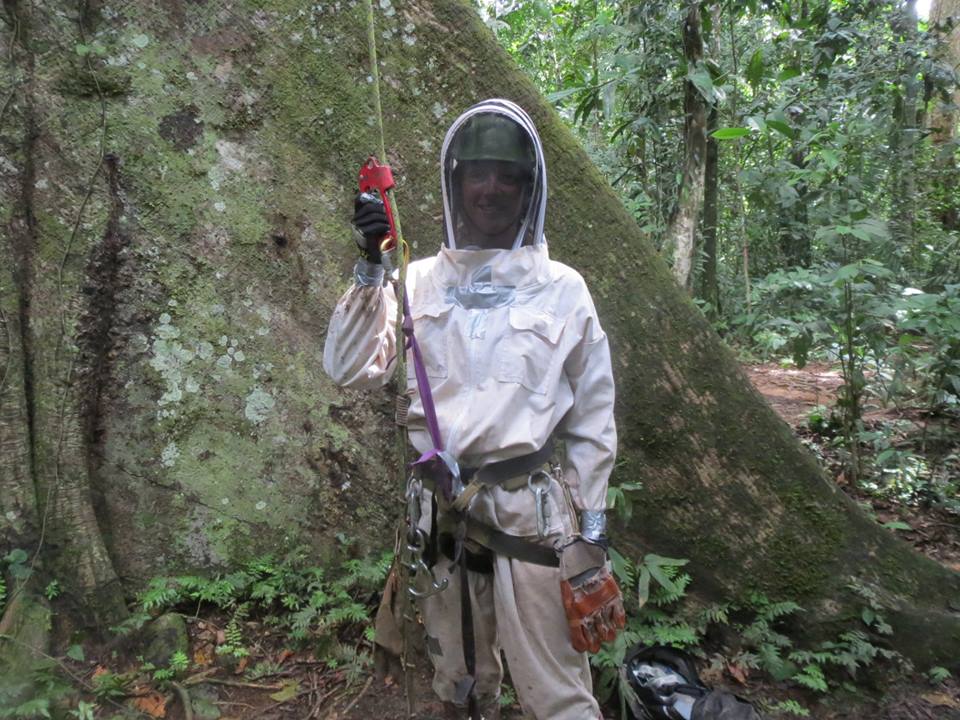

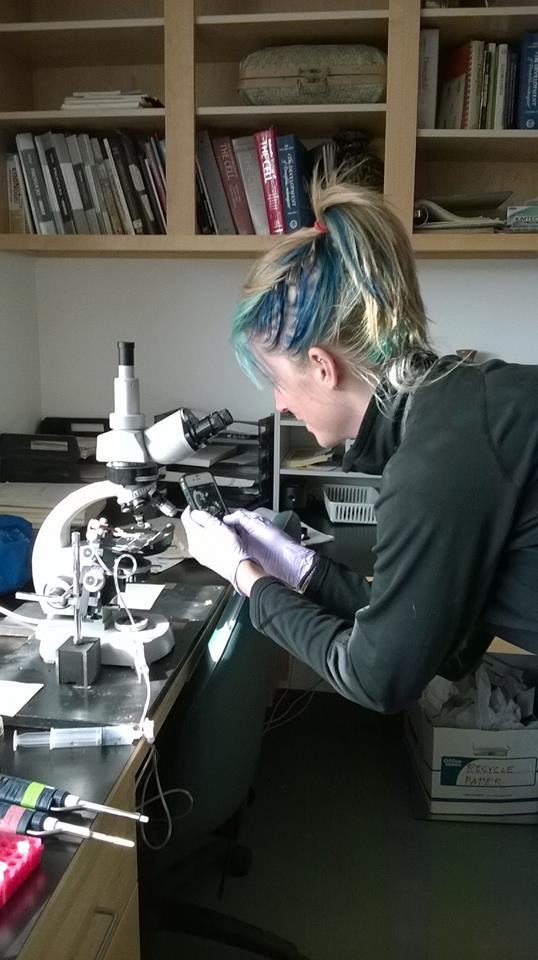








































Recent Comments